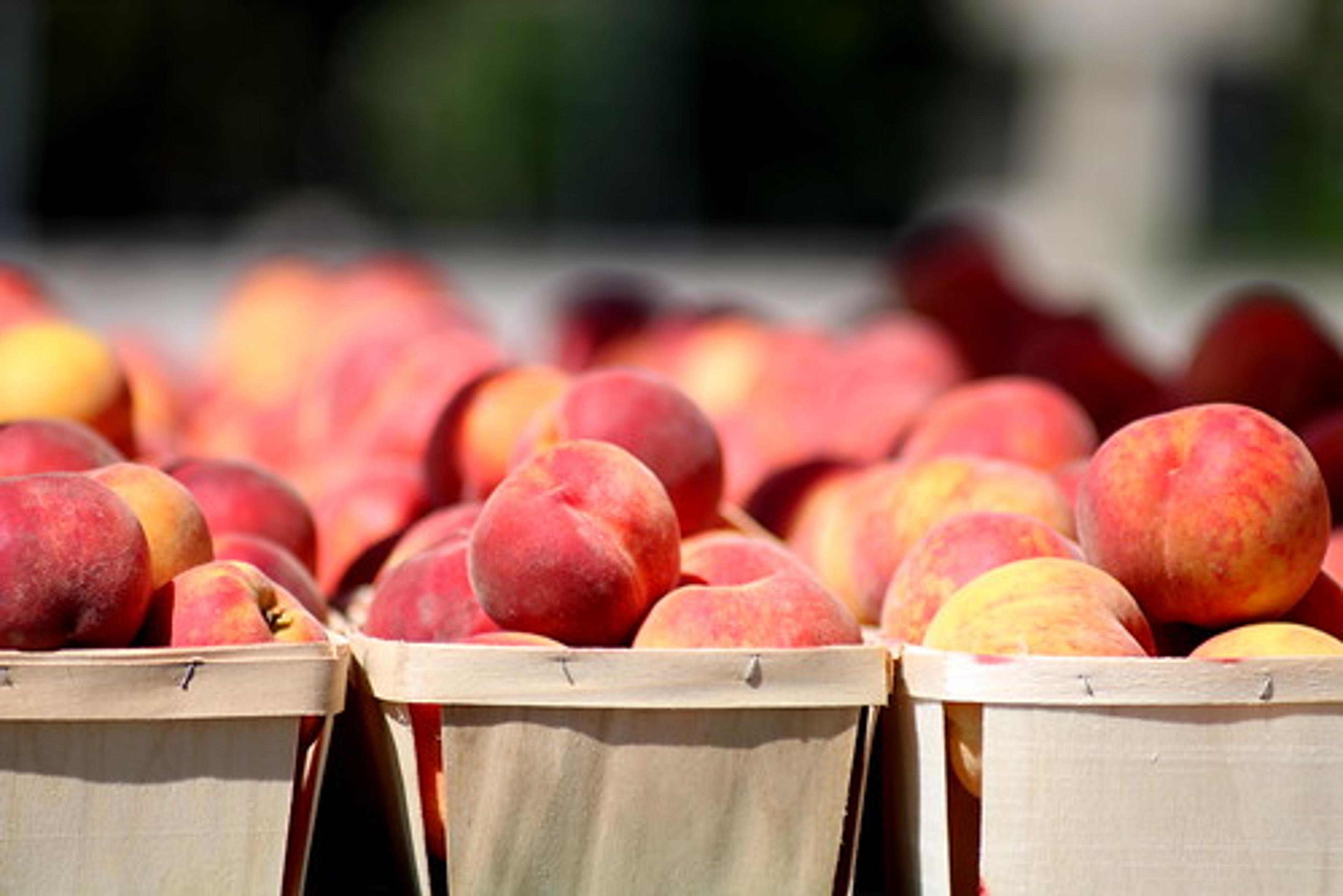How to pick perfectly ripened produce

David Lingholm
| 2 min read

Few things are as tasty as a fresh Michgan peach, picked just as it is ripening. Your first bite is so juicy that you find yourself leaning over the kitchen sink to keep the nectar from getting your shirt all sticky. It is so sweet and fresh that the flavor is almost indescribable.
Peaches happen to be a favorite of mine, but most fruit tastes much better when they are ripe. And when things taste better, people tend to eat more of it. Which is good because it is estimated that Americans are eating approximately half of the produce we should be eating for optimal health.
So, how do you know when produce is at its most flavorful? That is a tough question to answer because each fruit ripens differently, so here are a few general rules of thumb to help you navigate your grocery store produce section.
Fruit that is in season locally does not need to be picked as early to make it to store shelves, so you are more likely to get fruit that is close to being ready to eat as well as being more nutritious.
For many fruits, color is not a reliable indicator but the smell is. Pick up the fruit and smell it at the end furthest from the stem. If it smells like it would taste delicious, it probably will be. This indicator is most accurate at a farmer’s market because refrigeration can stunt the aroma of ripening fruit.
Rock hard fruit never tastes good. Neither does overly mushy fruit. Something right in the middle is usually a good indicator that the chemical process that gives ripened fruit an incredible flavor is just about done working its magic.
For melons, one easy way to check for ripeness is to hold it in one hand and tap on it lightly, almost like lightly knocking on a door. If it sounds a bit like a drumbeat, you have found your melon.
How would you describe the taste of a perfectly ripened peach?
Happiness in my mouth. RT@davidlingholm: How would you describe eating a fresh, perfectly ripened peach?
— David Benjamin (@DaveBenjamin) August 14, 2012
Photo credit: Fogel’s Focus





